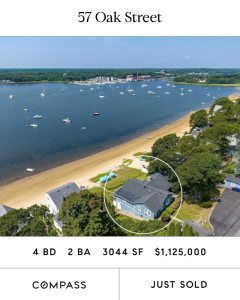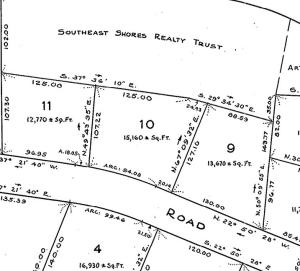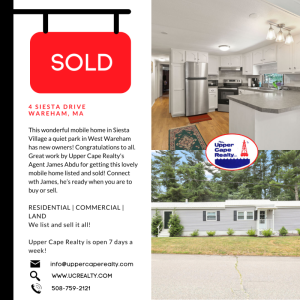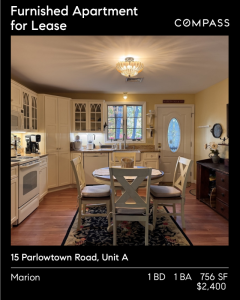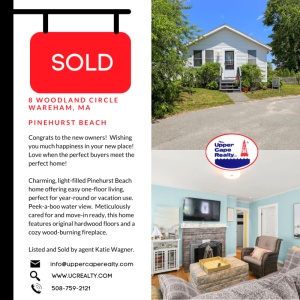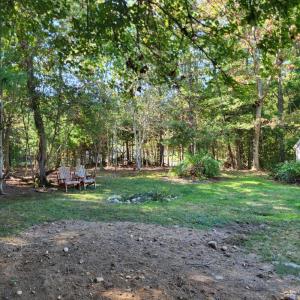Proposed Marion short-term rental bylaw on Town Meeting agenda
MARION — A proposed bylaw that would provide guidelines on short-term rentals in Marion will be on the agenda at the upcoming Monday, May 12 Town Meeting.
With the bylaw, the Marion Planning Board aims to ensure the town retains quality of life and the owners of short-term rentals have rights, addressing concerns brought up by residents in previous discussions regarding accessory dwelling unit restrictions.
Short-term rentals, as defined by the proposal, are properties that are rented out to guests for more than 14 days in a calendar year and no more than 32 consecutive days, usually on sites like AirbnB and Vrbo. The bylaw would require owners to rent out their space for a minimum of two nights.
If approved, no owner would be able to operate a short-term rental if they are not registered with the building commissioner on an annual basis. The owner would also have to complete an application provided by the commissioner. No tenant under the original owner would be able to sub-let or rent out the property and a transfer of registration would not be allowed.
The owner would need to maintain $1 million liability insurance to cover the short-term rental use of their property — a price determined by the state.
No recreational vehicles, campers or tents would be allowed as short-term rentals. The maximum number of occupants in a rental would be two people per bedroom, plus an additional two for other beds such as pull-out couches and trundles.
For safety of those renting, smoke alarms, carbon monoxide detectors and exit signs at every egress would need to be included in the residence. Each floor would need to contain a 2.5 pound fire extinguisher.
Dwellings that are designated as below market, or as income-restricted would not be allowed as short-term rentals even if the building meets all necessary code requirements. Chair Andrew Daniel said he recognizes the legal implications of limiting income-restricted dwellings from being short-term rentals, but argued the morality of that potential situation.
“I very much do not want to see low-income units becoming short-term rentals,” he said. “That’s why we put that in there. From a moral standpoint, if they’re getting housing assistance and then they’re renting it, how does that work?”
Anyone found in violation of the bylaw would be subject to legal ramifications such as fines, public hearings and suspension of registration.
In a letter read aloud at the March 17 Public Hearing for the bylaw, Elieen and Euardo Amaral responded to previous concerns over abuse of the short-term rental agreement.





















